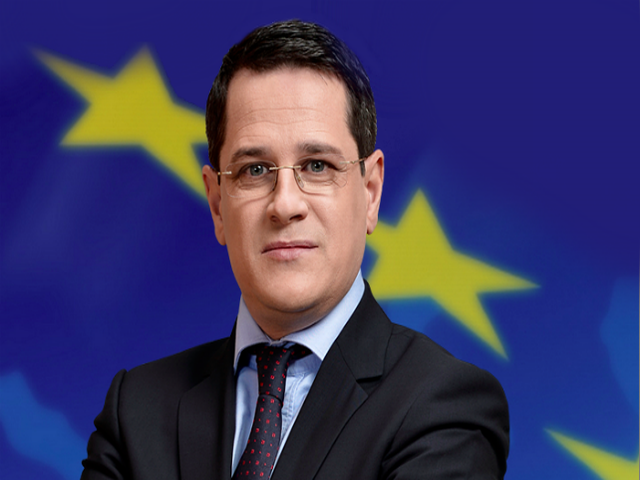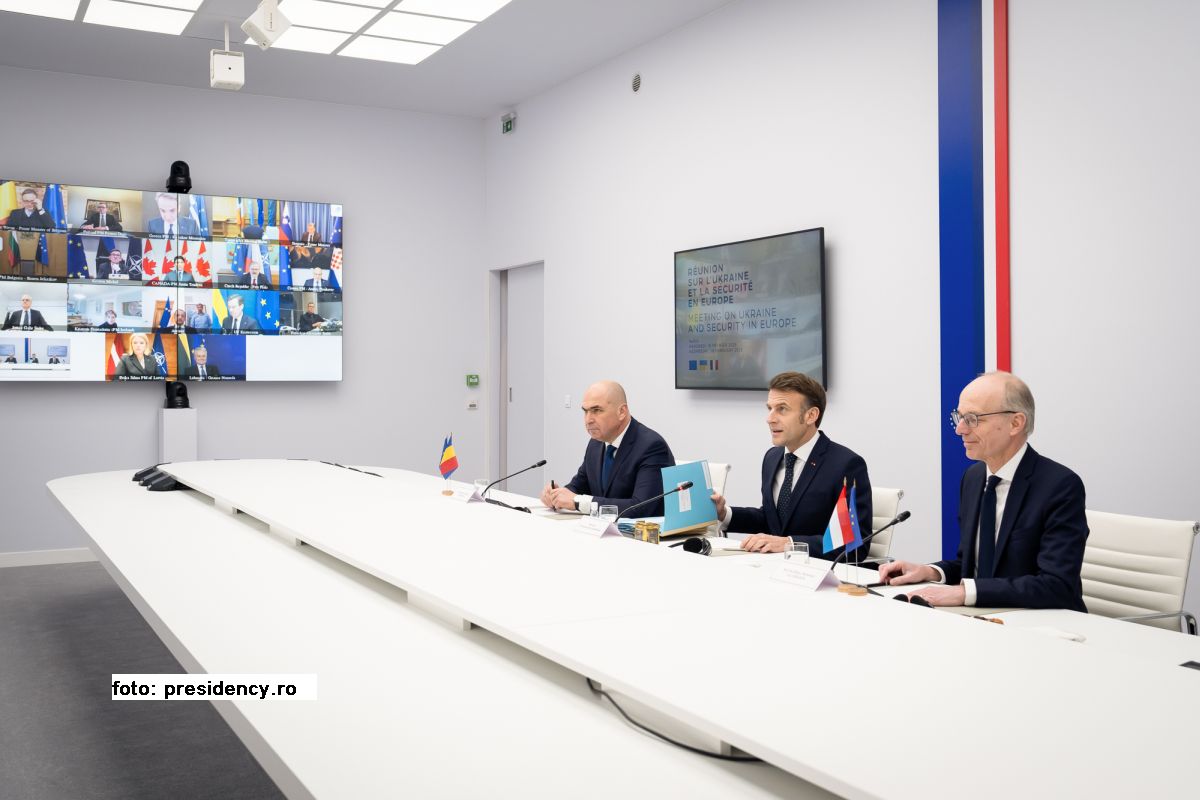Nomination for Intelligence Chief
A month after George Maior resigned as head of SRI, President Iohannis says he has the man for the job.

Florentin Căpitănescu, 20.02.2015, 13:42
In a rather infrequent occurrence, particularly in an uncertain regional context, Romania’s main intelligence agencies, the Romanian Intelligence Service and the Foreign Intelligence Service, are headed by interim chiefs. The former however seems to have found a new director, after President Klaus Iohannis nominated Eduard Hellvig to take over the post. Currently an MEP, with a political career free of major controversies and a notable member of the new generation of Romanian politicians, Hellvig seems an appropriate solution for the Intelligence Service. But what are the skills that prompted the head of state to make this nomination?
Klaus Iohannis: “When I thought about someone to nominate as the new director of the Romanian Intelligence Service, I looked for somebody who is prepared for such a post, who knows the political actors, who has sufficient knowledge about what happens in this field.”
The nomination is on the one hand intriguing, and on the other hand a confirmation of the direction set by former president Traian Basescu. It is intriguing because Hellvig, a vice-president of the National Liberal Party, is seen as one of the close aides of Klaus Iohannis, who led the party and ran for president in November 2014. As such, some commentators argue that the personal relationship weighed too much in the President’s decision. On the other hand, President Iohannis follows in the footsteps of Traian Basescu, the first who chose the chiefs of the main intelligence services from the Opposition.
But, talks about the criteria behind his nomination aside, Hellvig will have a tough mission ahead, if he gets Parliament’s endorsement for this office. He would take over the Service at a time when its interim director, Florian Coldea, is subject to accusations made by an influential politician, the former minister for regional development and tourism, Elena Udrea, who is probed into for corruption. Udrea claimed Coldea is abusing his office, among other things, in order to destroy her political career. The allegations have not led to an inquiry, because the National Anti-Corruption Directorate found that the evidence would not hold in court. The parliamentary committee that oversees the Romanian Intelligence Service has heard Coldea and reached a similar conclusion.
Although it has a good public image in the country and, alongside the Foreign Intelligence Service, it is appreciated by international partners, the Romanian Intelligence Service works with suspicious lack of transparency. The weak supervision of Parliament, the only institution entitled to check its activity, as well as the suspicion that the people and practices of the old Communist police, the Securitate, have not been fully left behind, raise major questions regarding the work of the Service. This is why, observers note, if Hellvig becomes the new head of the institution, the greatest challenge ahead of him will be to completely reorganize this agency.






























